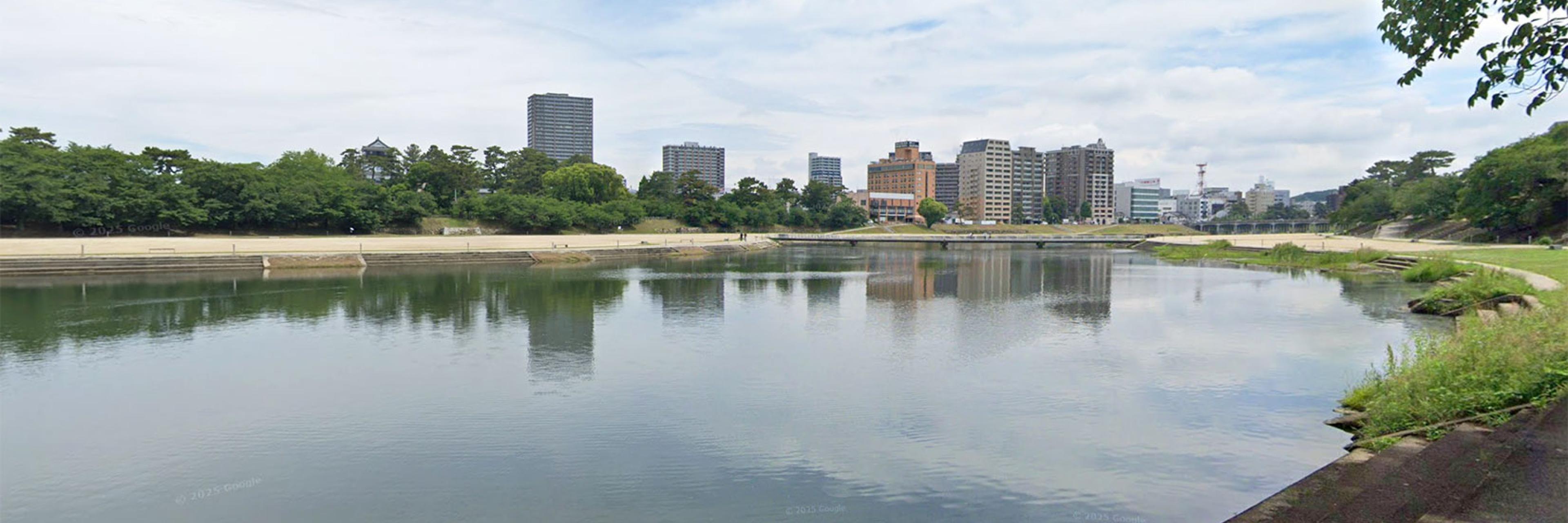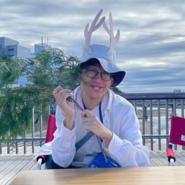
River Otogawa
Our project focuses on the declining sense of care and connection among urban residents toward nature and local communities within the watershed.
Rationale
Our project focuses on the declining sense of care and connection among urban residents toward nature and local communities within the watershed. Many cities across Japan and the world, including Okazaki City, were formed around rivers, and their cultures organically intertwined with the catchment’s natural surroundings. In Okazaki City, the River Otogawa still supplies about half of the city’s tap water. Historically, moreover, timber and stone were also sourced from the forested mountains upstream. However, this river-based connection and care mindset to the watershed has receded from urban people’s awareness today, forming the root cause of various environmental issues.
In recent years, community-driven climate change adaptation has increased global attention. In Japan, moreover, issues such as forest abandonment and ecosystem destruction due to population decline in mountainous areas have become significant problems, also necessitating community-driven solutions. However, in reality, care of urban residents is lacking, and many initiatives fail to achieve sustained success. These challenges are also relevant to this case site. Our project provides an advanced example of addressing these universal modern societal issues by cultivating urban residents’ sense of connection and care, thereby seeking their fundamental resolution.
Strategy
We aim to mitigate the imbalance between mountainous areas and urban centers due to the rapid population decline in mountainous regions. This crisis is a general phenomenon in Japan, including in the case of Okazaki City. This imbalance accelerates the abandonment of farmland and hinders proper forest management, significantly undermining our urban sustainability. We believe a just vision is one where both urban and mountainous areas achieve well-being, even through different approaches, while fostering economic exchange within the watershed.
Our past initiatives have always focused on individual case sites, without considering the specificity of our case: the River Otogawa flows through the heart of the city, the waterfront features an important shrine, and historical fireworks initiatives are being passed down. These local cultures should strongly influence people’s sense of place. We want to examine these cultural influences through international case study comparisons.
Methods
We are presently working on this project. We have already launched our research activities in April 2024 with the establishment of the ONE RIVER Community Research lab. Also, the voluntary group ONE RIVER, which serves as the foundation for our activities, was launched in 2021. Furthermore, its activities have their roots in an urban river space utilization program supported by the city government starting in 2016. To date, ONE RIVER has expanded its scope of activities beyond organizing riverfront festivals and cleanup activities to include cultural storytelling initiatives within the watershed areas and the revitalization of abandoned land in the mountainous region. We believe RCN will provide a new perspective on the local cultural influences that have unconsciously shaped our activities. Our past initiatives have always focused on individual case sites, without considering the specificity of our case: the River Otogawa flows through the heart of the city, the waterfront features an important shrine, and historical fireworks initiatives are being passed down. These local cultures should strongly influence people’s sense of place. We want to examine these cultural influences through international case study comparisons.
We are currently co-designing an annual workshop and talk event with the voluntary group ONE RIVER. For example, in the workshops, we create a quiz rally accessible to elementary school students, using all five senses to cultivate care for the stories/histories of the river and watershed environment, ecosystems, fisheries, forestry, and agriculture. The talk event targets adults, raising awareness about the river’s potential to enrich their urban lives. We aim to build the River Otogawa Museum on the ONE RIVER website, creating a platform for continuously sharing the story and history of the river city.
